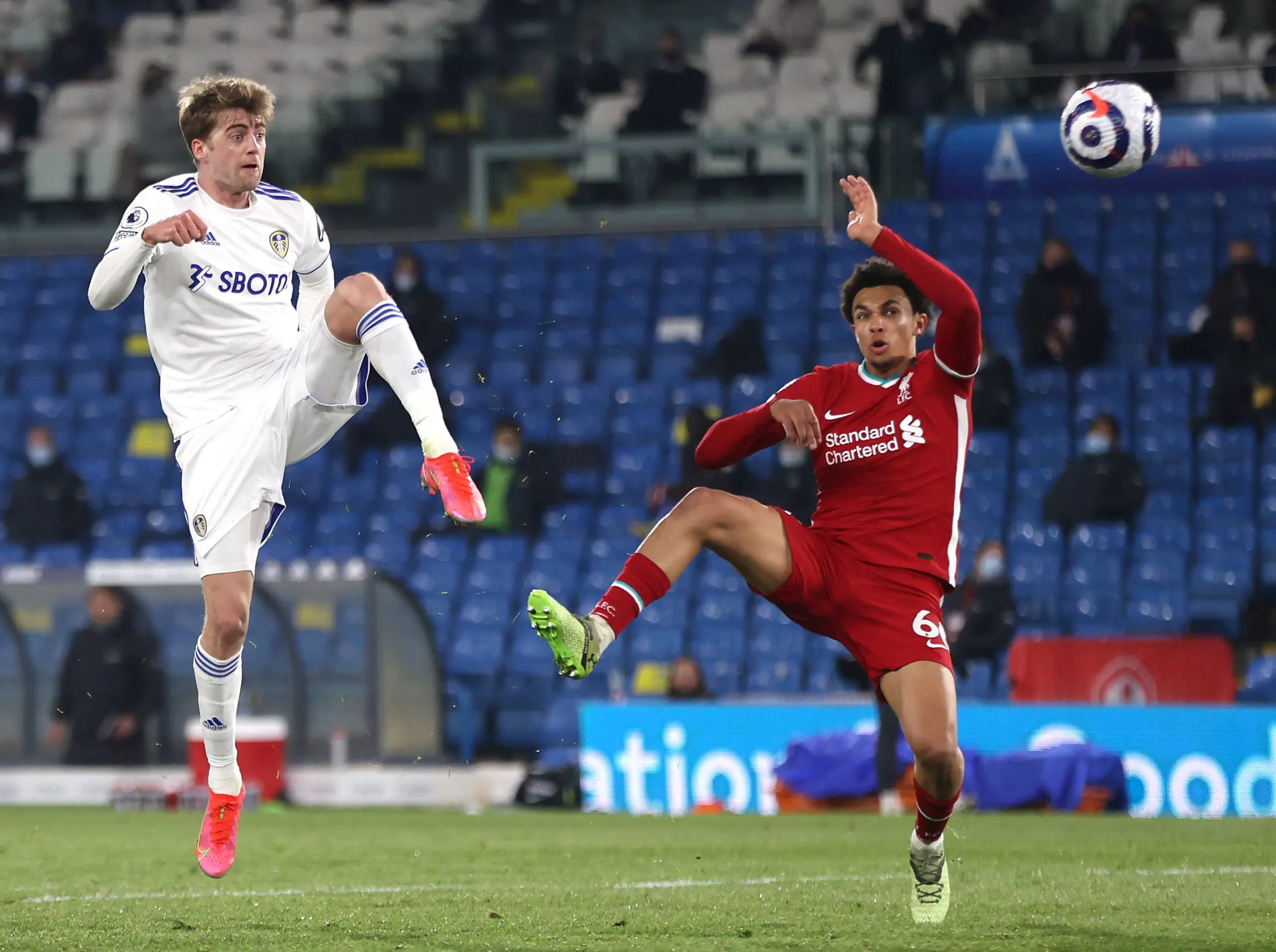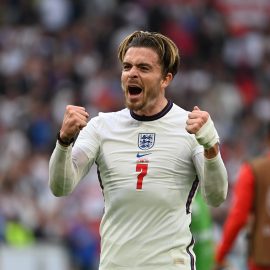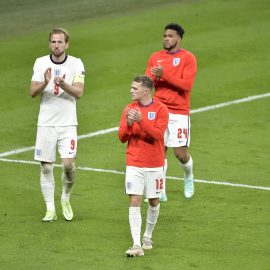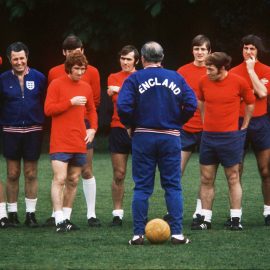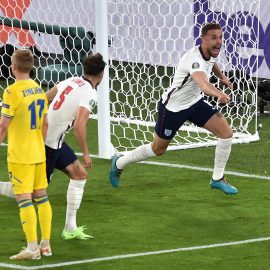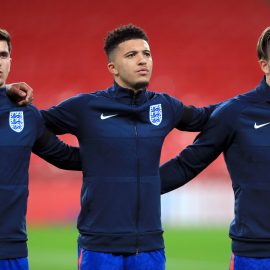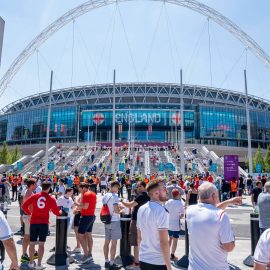So to Shizuoka in 2002 and Gelsenkirchen in 2006 we must add Bloemfontein in 2010, as England’s golden generation now face up to the reality of another exit from a tournament. Whatever gold they were made of, it was probably a fool’s one.
Whereas in 2002 it was a freak of a goal which separated Sven Goran Eriksson’s team from the eventual champions and in 2006 it was that dreaded gambit of a penalty shootout. Here, it was a rout, a humiliation against team which was technically and tactically far superior.
While the central debate from the game may stem around Frank Lampard’s disallowed goal, in truth it mattered little. England were lucky then to be merely one goal behind, and in the final reckoning, a three goal margin was simply flattering on them.
It was hardly the way in which fine servants to English football such as Lampard, Steven Gerrard and John Terry, not to mention the absent Rio Ferdinand, Michael Owen and the watching David Beckham, will have wanted their time to end.
But the message, ringing painfully loud and clear was that change-both big and small-must come, as England’s golden generation must walk into the sunset, with the promise of brighter times ahead for their clubs teams.
Meanwhile England, must look forward, not that they are alone-they have hardly fared worse than the likes of Italy and France in South Africa, yet the need for change is perhaps even more pressing.
Quite where this leaves Capello is up for debate. In recent history this has been the worst performance by England in a tournament, and for that the Italian will receive more than his fair share of blame.
Yet his record, this recent blemish aside, is outstanding. Were England to act on impulse and dismiss the Italian, few decent options present themselves, and would England really have fared any better under somebody else anyway?
Meanwhile in terms of personnel, the situation darkens. Whereas both Italy and France have the relative luxury of a deep and talented pool of players, the fact that England have remained relatively unchanged in personnel over the past six years is because no-one as yet has challenged their position.
Whereas Germany were able to dismantle a side which reached the Euro 2008 final and rebuild a brand new team in the space of two years, England are still waiting for a new team after ten.
Yet at some point the cycle must break, and players of promise, whether ready or not, must be chosen, and more importantly persevered with, regardless of the initial result.
While the likes of Wayne Rooney and Glen Johnson will remain (though England fans may question it on recent form), plus squad men like Aaron Lennon, Joe Hart, James Milner and Michael Dawson provide a nucleus from which to build.
Others such as Theo Walcott, Tom Huddlestone, Adam Johnson and Gabriel Agbonlahor must be given more exposure, to determine whether they will, if ever, be up to the rigours of international football.
Add in the longer term potential of Arsenal duo Kieran Gibbs and Jack Wilshere, Jack Rodwell, Gary Cahill and Daniel Sturridge, and you have a potential base from which to rebuild from Euro 2012.
Though both the team, and Capello, will have to embrace a greater sense of tactical freedom than the basic remit of 4-4-2, a formation whose days of prominence have long since ended.
Whether they have what it takes to surpass the achievement, or underachievement, of their predecessors is something that both England fans and Capello will be keen to discover over the coming months.
But this remains a significant day, a significant time. England’s team, which was packed with players who grew up on the world stage before our very eyes, will now be broken up, as English football finally moves on.
Their high point was, and will remain, that night in Munich nine years ago, when Michael Owen wreaked havoc against a shell-shocked German team.
At that stage, a young team genuinely appeared set on the path to greatness, yet that performance perhaps set the bar unrealistically high. So perhaps it was fitting that a young German team that called time on them.
The future, both for those players and England, is far from certain, though quite how we remember this golden generation, be it as over or underachievers, could well depend on what English football does next.
Add Sportslens to your Google News Feed!
